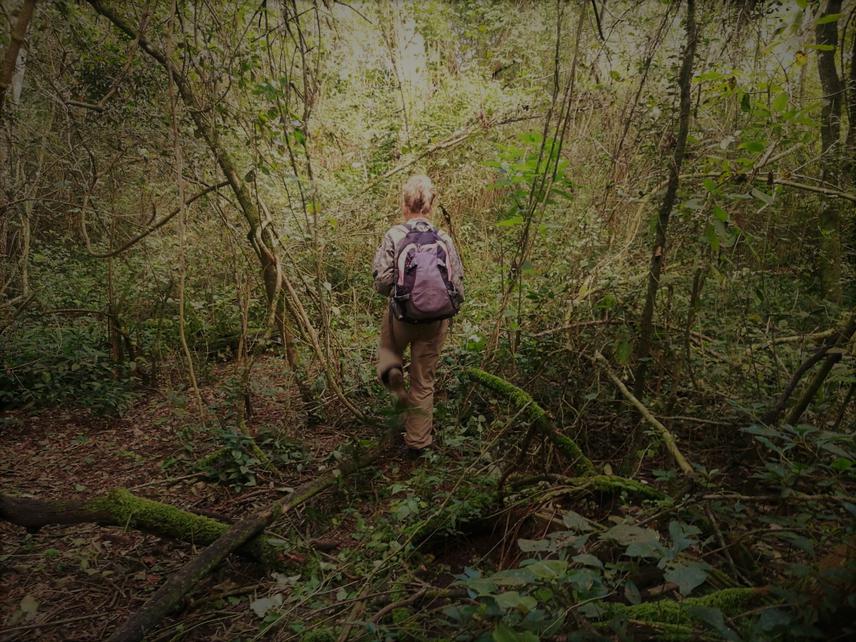María Paula Názaro
Other projects
19 Nov 2018
Reconciling Conservation and Forest Exploitation in an Endangered Ecosystem, Promoting the Regeneration of Timber Species in Forest of Yungas
We will obtain information on the entire regeneration process, including the factors that influence seed production, and survival and growth of renewables. The generation of information on the regeneration dynamics of each one of the species under study will allow us to propose silvicultural guidelines that ensure the natural regeneration of these tree species, which will ensure long-term use and conservation of species of high timber value and maintain these forests functioning integrally. These guidelines will be transmitted to forestry companies and state control agencies, since without taking urgent measures, the economic extinction of several high-value tree species could occur, impoverishing forests and removing the possibility of using a timber resource by the forestry sector. By improving timber stocks, it is possible to contribute so that many families, farmers and native communities can make use of wood in a sustainable way.

Field work in the Piedmont forest of Argentina.
The Piedmont Forest has numerous tree endemisms, many of which are harvested and threatened. 90% of its original surface has been lost. Forest harvesting is carried out without guidelines that ensure their long-term conservation and productivity, which has impoverished and degraded these forests. The dynamics of the regeneration are unknown, the mechanism of which is fundamental to ensure sustainable forest management and therefore the conservation of this ecosystem. New silvicultural guidelines will be developed and will be transmitted to companies and state control agencies.